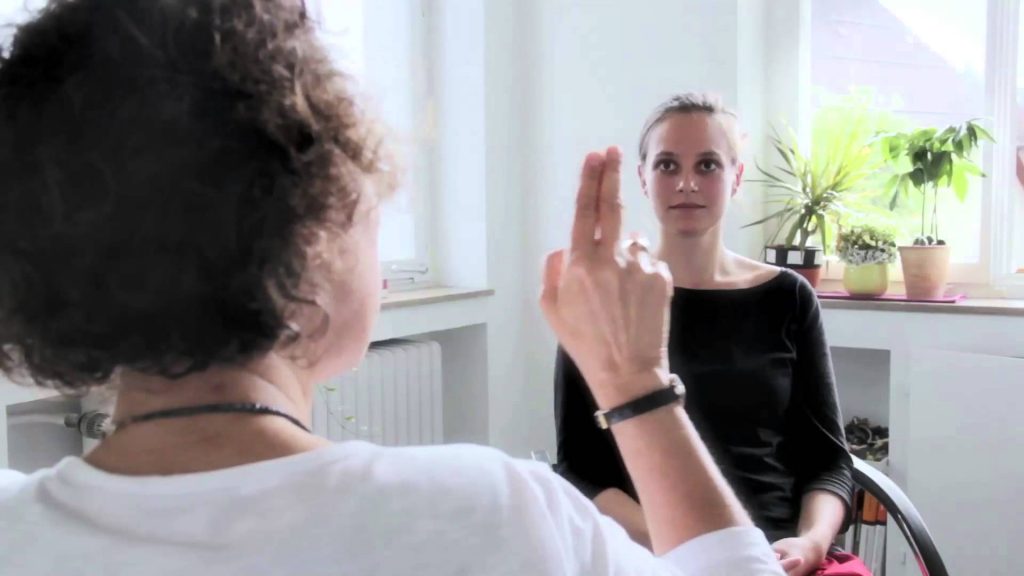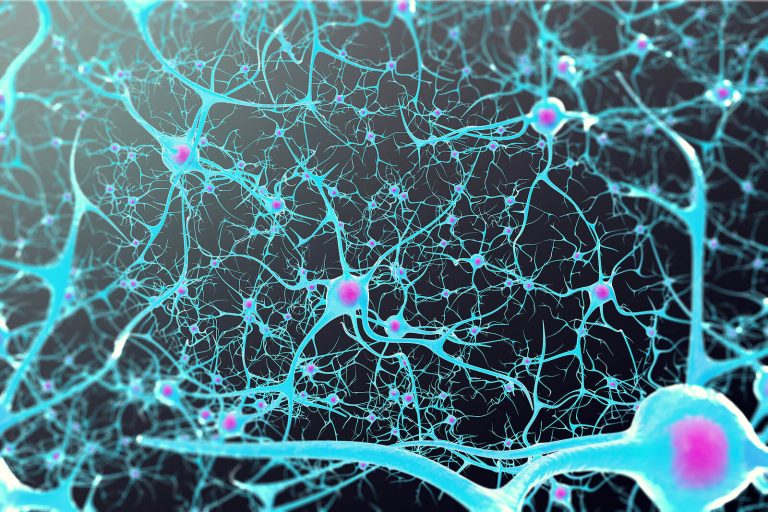All about EMDR Therapy

What is EMDR?
EMDR therapy is a clinically proven therapeutic method to help one process through trauma. In this case, trauma may be defined as a “distressing or disturbing event(s) in one’s life.” There is a common misconception that trauma means that one has a Post-Traumatic Stress Disorder (PTSD) diagnosis. The reality is that as human beings, we all have most likely endured trauma at one point or another, and can therefore benefit from EMDR therapy. Both adults and children can be utilized EMDR as a treatment. It is thought that EMDR works because it helps the brain process memories that have become “stuck” due to the trauma. When a human being encounters a disturbing or distressing situation, the brain and body are often times too overwhelmed in that moment of time to process through and store the memory. The result often times leads to the trauma getting “stuck” in the nervous system, which might change the way one perceives the world and reacts to others and self. EMDR helps one access and process through the events, facilitating recovery and healing.
The Stages and process of EMDR therapy
- History and treatment planning: The therapist will do an extensive intake and identify specific targets for EMDR therapy
- Preparation: “Safe space” and “container” will talked about, which help one establish proactive coping skills to use during the EMDR sessions.
- Phases 3-6: Assessment, Desensitization, Installation, and Body Scan. This is the part of EMDR where memories are targeted and processed through using bilateral situation.
- Closure: The client is asked to think though or notice any further disturbance that might arise throughout the week.
- Reevaluation: The EMDR treatment processes all related historical events and future events.
The first few sessions, the therapist will typically do an extensive intake to get to know and gain trust with the client. During this time, the therapist will identify “targets” (specific memories) for EMDR therapy. During the preparation phase, the therapist and the client will talk about techniques the client can use as the session comes to an end for the day, so the client leaves the session in a place of stability and regulation. During the EMDR processing, bilateral stimulation ( eye movements and use of tactile vibration) is used as the therapist will have the client recall a disturbing event. This will include the emotions, cognitions, and body sensations that go along with it. The therapist will determine the focus of each set of bilateral stimulation based upon what might be coming up for the client during processing. This process is continued until the client no longer feels that the memory is disturbing or distressing.
Myths of EMDR
- EMDR is not Hypnosis: One will be alert and awake the entire session. The therapist has specific training on EMDR therapy and will be in tune with one’s needs.
- EMDR is not just for “serious” trauma: It can be used to work through anxiety, depression, OCD, addition and various other mental health concerns. Most everyone can benefit from EMDR therapy!
- EMDR won’t start in the first session: As seen above, EMDR is multi-step process and it will be ensured that one feels comfortable with the therapy before it begins.
Call For a FREE Consultation
We serve the Denver Metro area of Colorado. Click the button below to call and Schedule an Initial Consultation. To Schedule Neurofeedback or Testing please call us at 720-248-8603
Recent Articles
Dispelling Neurofeedback Myths
Neurofeedback has become increasingly popular as a therapeutic tool for clients, but it remains misunderstood by many. Misconceptions about its…
Autism Testing for Adults: Why Diagnosis Still Matters
What is Autism? Autism is a neurological difference that impacts how one scales social interactions, interpersonal relationships, and experiences the…
The Intersectionality of Autism & LGBTQIA Throughout the Lifespan
If you have a child (of any age) who you think may be Autistic, has been diagnosed as Autistic, or…
Autism Diagnosis Support Guide: Interventions, Therapy, and Accommodations for All Ages
Understanding Your Diagnosis An Autism or other mental health diagnosis may be very overwhelming. Understanding a diagnosis can help lessen…





